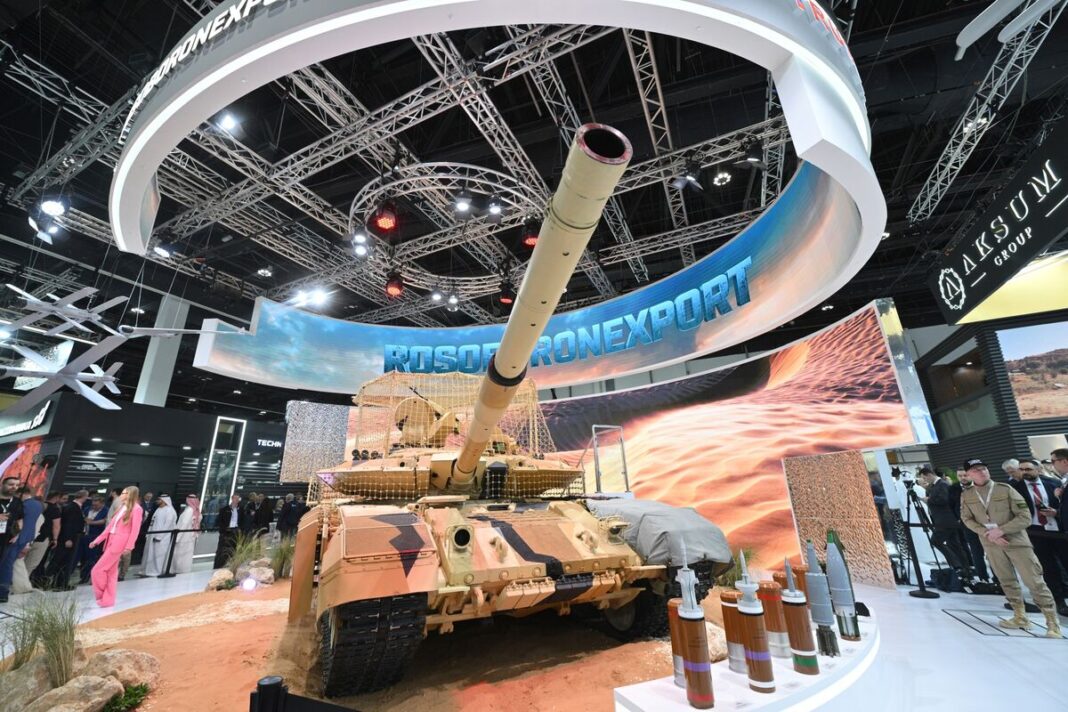The Long Shadow of Conflict: Russia’s Economic Battlefield
As the war in Ukraine continues to unfold, the implications extend far beyond the front lines. Even if guns eventually fall silent, Russia’s economy may find itself mired in a prolonged struggle, marked by resilience against sanctions, shifts in energy markets, and changing relationships with global trade partners. Let’s delve into the multifaceted landscape of Russia’s economy amid ongoing geopolitical tensions.
The Impact of Sanctions
Since the onset of the conflict, Western nations have imposed a barrage of sanctions aimed at crippling Russia’s economic capabilities. These sanctions target vital sectors such as finance, energy, and technology. Major financial institutions have faced restrictions, effectively isolating Russia from many international markets. This economic blockade has led to a significant devaluation of the ruble and an inflation surge, which affects everyday life for Russian citizens. However, despite these obstacles, the Russian economy has shown a surprising degree of resilience, adapting to the new reality with a focus on self-sufficiency.
Energy Dependence and Adaptation
Energy remains the backbone of the Russian economy, accounting for a substantial portion of its exports. Even though sanctions have inhibited the flow of oil and gas to Western countries, Russia has sought alternative markets, particularly in Asia. With nations like China and India stepping up their imports, Russia has been resourceful in navigating the shifting energy landscape.
Moreover, as Europe strives to reduce its dependence on Russian gas, alternative energy projects and suppliers are emerging. However, the long-term sustainability of Russia’s energy revenues is questionable. The reliance on fluctuating markets and the need for modernization in energy infrastructure may pose significant challenges.
Shifting Trade Relationships
In the wake of sanctions, Russia has realigned its trade relationships, developing closer ties with countries in the Global South. Nations such as India, Brazil, and several African countries have begun to engage in trade partnerships that circumvent Western sanctions, allowing some level of economic exchange to continue. This shift signifies a reconfiguration of global trade dynamics, where loyalty and alignment with traditional allies are being tested.
Technological Isolation and Innovation
The sanctions have significantly impacted Russia’s access to technology, hindering its ability to innovate across various sectors, especially in defense and consumer technology. The loss of Western semiconductor supplies has forced Russia to rely on domestic production, which is often of lower quality and capacity. Despite these setbacks, there are signs of a burgeoning tech industry focused on creating alternatives and innovations tailored to meet domestic needs.
Educational institutions and tech startups are increasingly collaborating to fill this gap, although achieving self-sufficiency in technology will be a long and challenging road. Innovation in the face of adversity can lead to unforeseen advancements, albeit often slower and less efficient than those developed in more conducive environments.
Domestic Economic Adjustments
Russia’s domestic market is undergoing significant adjustments due to the shifting economic landscape. With consumer goods becoming more scarce due to import restrictions, Russian companies are pivoting towards increased local production. This can foster a sense of national pride and economic resilience, as citizens may rally around homegrown businesses.
Yet, this shift also raises concerns. Prolonged isolation could hinder economic growth and lead to a decline in living standards if production fails to meet demand or quality expectations. The balance between fostering local industry and maintaining economic viability is a tightrope Russia must walk.
Military-Industrial Complex and Economic Strategy
The war in Ukraine has inevitably spotlighted the strength of Russia’s military-industrial complex. Increased military spending has implications for the economy as a whole, pulling resources away from civilian sectors and potentially stunting overall growth. The focus on defense industries, while crucial for national security, poses long-term challenges for economic diversification.
Moreover, the political narrative surrounding military strength and economic survival plays a crucial role in domestic policy. The state may prioritize military expenditure over social welfare programs, leading to societal strain and unrest as citizens grapple with economic realities.
The Future of Russian Economy on the Battlefield
Even as the world hopes for a cessation of hostilities in Ukraine, Russia’s economic struggles are likely to persist. The interplay between isolation and adaptation will define the country’s economic landscape for years to come. How effectively Russia can navigate its current circumstances and rebuild its economy will depend not only on internal strategies but also on the ever-changing international dynamics.
In this intricate dance of power, economics, and geopolitics, the lessons learned from the ongoing conflict will echo long into the future, shaping not only Russia’s place in the world but also the broader stability of the region.



